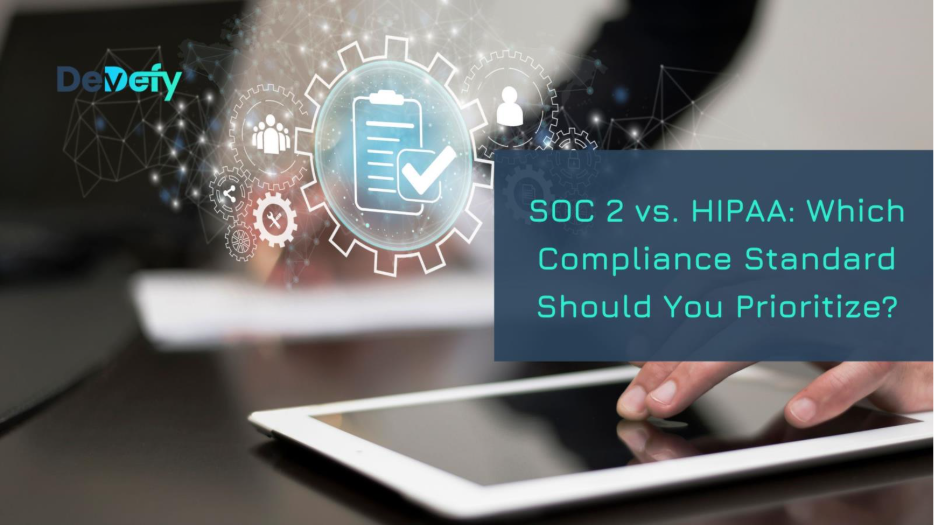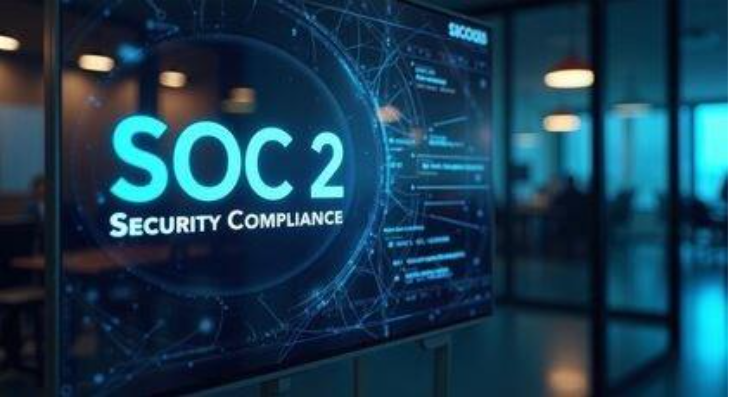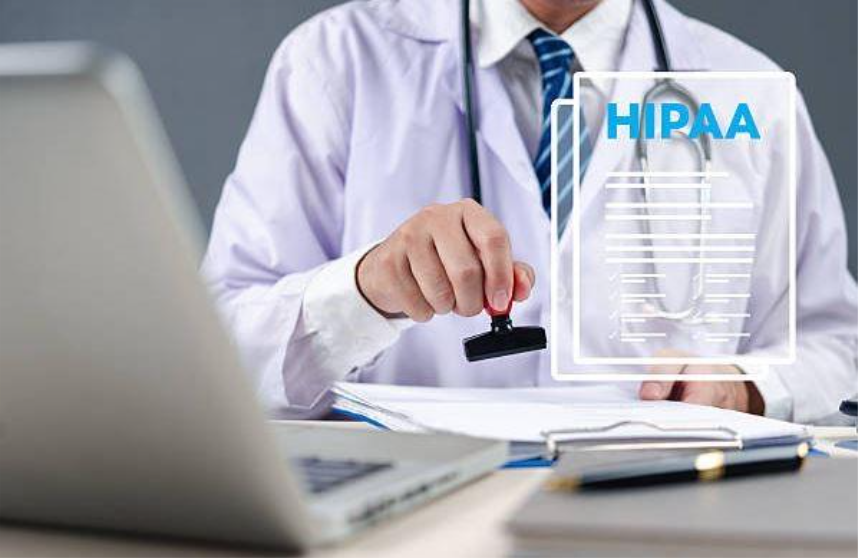
Imagine you’re building a groundbreaking health tech solution. You’ve got the vision, the team, and the perfect product. But then a potential client asks the dreaded question: “Are you HIPAA compliant?” Immediately followed by, “And do you have your SOC 2 report?” The room goes quiet. You thought one was enough, but now you’re facing a compliance crossroads. This isn’t just about an audit; it’s about building trust and protecting sensitive data. Deciding which standard to prioritize, or if you need both, is one of the most important decisions you’ll make. The answer depends on your business, your customers, and the type of data you handle.
This blog will clear up the confusion, explain each framework in simple terms, and help you make the right choice for your organization.
In 2025, the U.S. healthcare sector is under siege. According to the U.S. Department of Health and Human Services (HHS), 307 healthcare data breaches are already under investigation, putting this year on track to surpass 2024’s total in just half the time. Hospitals are locked in a losing game of catch-up, struggling with aging systems, minimal security budgets, and constant phishing risks that make them prime ransomware targets.
The scale is staggering. In June alone, 66 reported breaches exposed over 7 million patient records, while the UnitedHealth-Change Healthcare cyberattack became the largest healthcare breach in history, impacting 192.7 million individuals.

These aren’t distant headlines, they reflect exactly why frameworks like HIPAA and SOC 2 matter now more than ever.
SOC 2 stands for “System and Organization Controls 2”. It’s a compliance framework designed by the American Institute of CPAs (AICPA) to ensure that service providers securely manage data to protect the privacy of their clients. Auditors check whether your business follows strict controls in 5 key areas:

If you’re building healthcare software or handling patient information in the cloud, SOC 2 reassures clients that their data is in safe hands.
HIPAA (Health Insurance Portability and Accountability Act) is all about protecting patient health information (PHI).
Unlike SOC 2, HIPAA is a law, not a voluntary standard. If you’re a hospital, clinic, insurance provider, or even a software vendor working with PHI, you’re legally required to follow HIPAA rules.
HIPAA focuses on:

Feature | HIPAA | SOC 2 |
Purpose | Protect patient health data (PHI) | Prove overall data security & trust |
Mandatory? | Yes (for U.S. healthcare) | No, but often required by partners |
Scope | U.S. healthcare only | Global industries |
Penalties | Legal fines & lawsuits | Lost contracts, reputational damage |
SOC 2 is voluntary → It proves you meet industry best practices for data security.
HIPAA is mandatory (in U.S. healthcare) → It enforces legal compliance for PHI protection.
Many health tech companies find that the best approach is to pursue both standards. While not legally required, having a SOC 2 report in addition to being HIPAA compliant can be a powerful differentiator. The HIPAA Security Rule and SOC 2’s Security, Availability, and Privacy criteria have significant overlap.
By preparing for a SOC 2 audit, you are often also taking steps toward meeting HIPAA requirements.
The right choice will protect your business, build customer trust, and unlock new opportunities for growth.
Looking to simplify compliance and modernize your systems? Talk to our team at DevDefy! We’ll help you align HIPAA, SOC 2, and even ISO 27001 in one streamlined solution. See how we build custom healthcare software here.
So, how do you get started? Here’s a practical, step-by-step roadmap:
The healthcare industry is on the cusp of a transformation. As HIPAA 2.0 emerges, it’s clear that compliance frameworks will need to evolve to cover cloud environments, AI-driven care, and connected medical devices.
For instance, wearable health trackers and smart insulin pumps now generate massive volumes of personal health data outside traditional hospital systems. How do we secure this information? The answer lies in adopting adaptable compliance frameworks that blend SOC health principles with healthcare-specific laws.
In other words, SOC 2 is no longer “nice to have”, it’s a strategic foundation for healthcare organizations that want to stay ahead of regulatory change.
Ultimately, the choice between SOC 2 and HIPAA is less of a competition and more of a strategic decision based on your business needs. If you work in the healthcare space, HIPAA is the absolute legal floor. You simply must be compliant. But for any modern company that handles sensitive client data, especially those in healthcare, SOC 2 is the competitive differentiator that shows you’re not just meeting a legal mandate but are actively building a culture of security.
At DevDefy, we help you navigate both. Let’s design software that’s secure, compliant, and future-ready.
Ready to build compliance that unlocks growth? Book a FREE consultation with DevDefy.
HIPAA is a legal requirement in the U.S. for protecting health information. SOC 2 is a voluntary framework proving data security practices.
In clinical settings, it’s “Standard of Care.” In compliance, it refers to “System and Organization Controls,” especially SOC 2.
A proposed modernized update to HIPAA with stricter rules like MFA, encryption, and stronger risk assessments.
These are overlapping global data security frameworks. SOC 2 sets audit-style controls, ISO 27001 structures them via ISMS, and GDPR protects EU personal data.
We specialize in building secure-by-design software and technical solutions for the healthcare industry (DevDefy software development for healthcare). Our services help you embed security controls from the ground up, making the audit process for both HIPAA and SOC 2 more streamlined and efficient.
